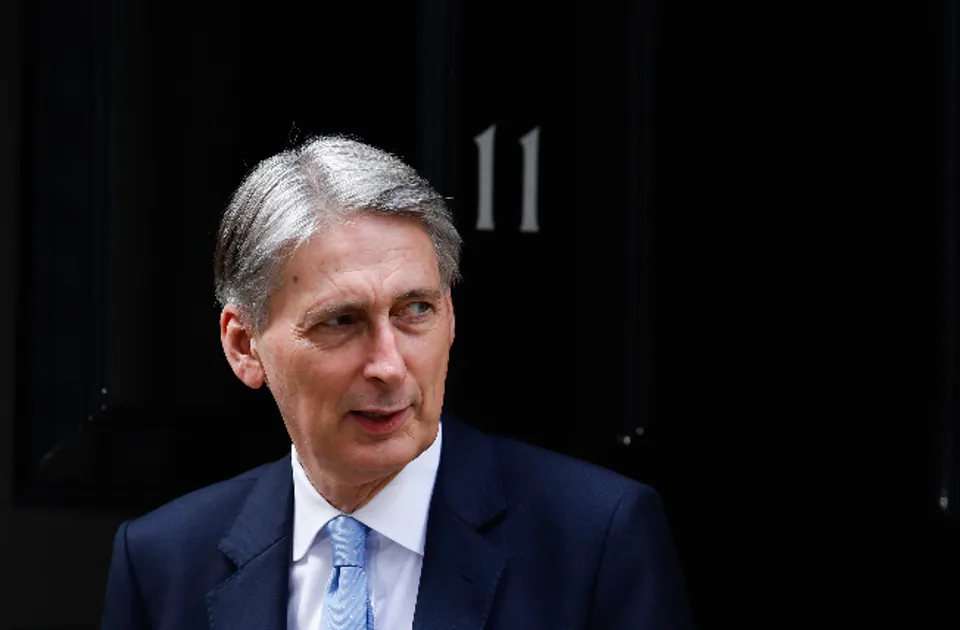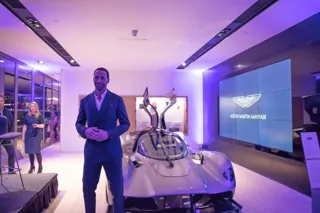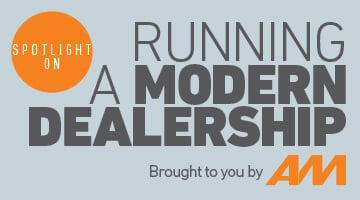The Chancellor of the Exchequer, Phillip Hammond, failed to deliver any clarity for the fleet and leasing industry over future tax rates during his annual Spring Statement.
Both VED and company car tax were the subject of a review to assess the impact of the Worldwide harmonised Light vehicle Test Procedure (WLTP), which closed last month but there was no response to the consultation in yesterday’s (March 13) statement in the House of Commons.
Instead, in papers accompanying the Spring Statement, the Government said that it will issue its response to the review into the impact of the WLTP on Vehicle Excise Duty and company car tax “in the coming months”.
The Government has previously indicated that new WLTP-based CO2 values will be adopted for tax purposes from April 2020.
It leaves a matter of months for the Government to act or leave fleet decision-makers and company car drivers facing a possible tax increase, AM’s sister title Fleet News reported.
Initial evidence provided by manufacturers suggests more than 50% of cars will see an increase from NEDC-correlated figures to WLTP of between 10-20%.
Fleets have already reported increases of up to 30% between NEDC and NEDC-correlated figures, currently used for tax purposes.
Ashley Barnett, head of consultancy at Lex Autolease, said: “The lack of long-term company car tax tables is holding the fleet market back.
"Before fleet decision makers can build a strategy based around the average 48-month contract, and before employees can commit to what is essentially a four-year investment, they need assurance that the associated costs are not going to increase over its lifetime.
“We already know that orders for diesel vehicles are being delayed in case further tax increases are announced that could make them prohibitively expensive.
“Similarly, questions remain over the future tax treatment of electric vehicles, which makes it difficult to forecast the cost of transitioning to an ultra-low and zero emission fleet.”
Claire Evans, head of fleet consultancy at Zenith added: “We back the BVRLA’s position in calling on the Government to demonstrate its support for businesses by adjusting future VED and company car tax bands for 2020 and beyond to account for the increase in WLTP-based CO₂ figures.
“The fleet sector has a key role to play in both buying new ultra-low emission vehicles and then reselling them into the used market. By ensuring that all CO₂-related taxes and charges are treated consistently under WLTP the industry has a platform to build on in securing the road to zero.”
The Chancellor did reveal the Office for Budget Responsibility (OBR) latest growth forecasts within his Spring Statement.
Its 2019 growth forecast was cut to 1.2% from the 1.6% expansion predicted by the Government's economic watchdog last October. After that growth is expected to rebound.
Meanwhile, the OBR said that the Government is expected to borrow £22.8bn this financial year to plug the gap between the money it spends on public services and the tax revenues it collects.
This is almost £3bn lower than the £25.5bn predicted by the OBR in the October Budget.

















Login to comment
Comments
No comments have been made yet.